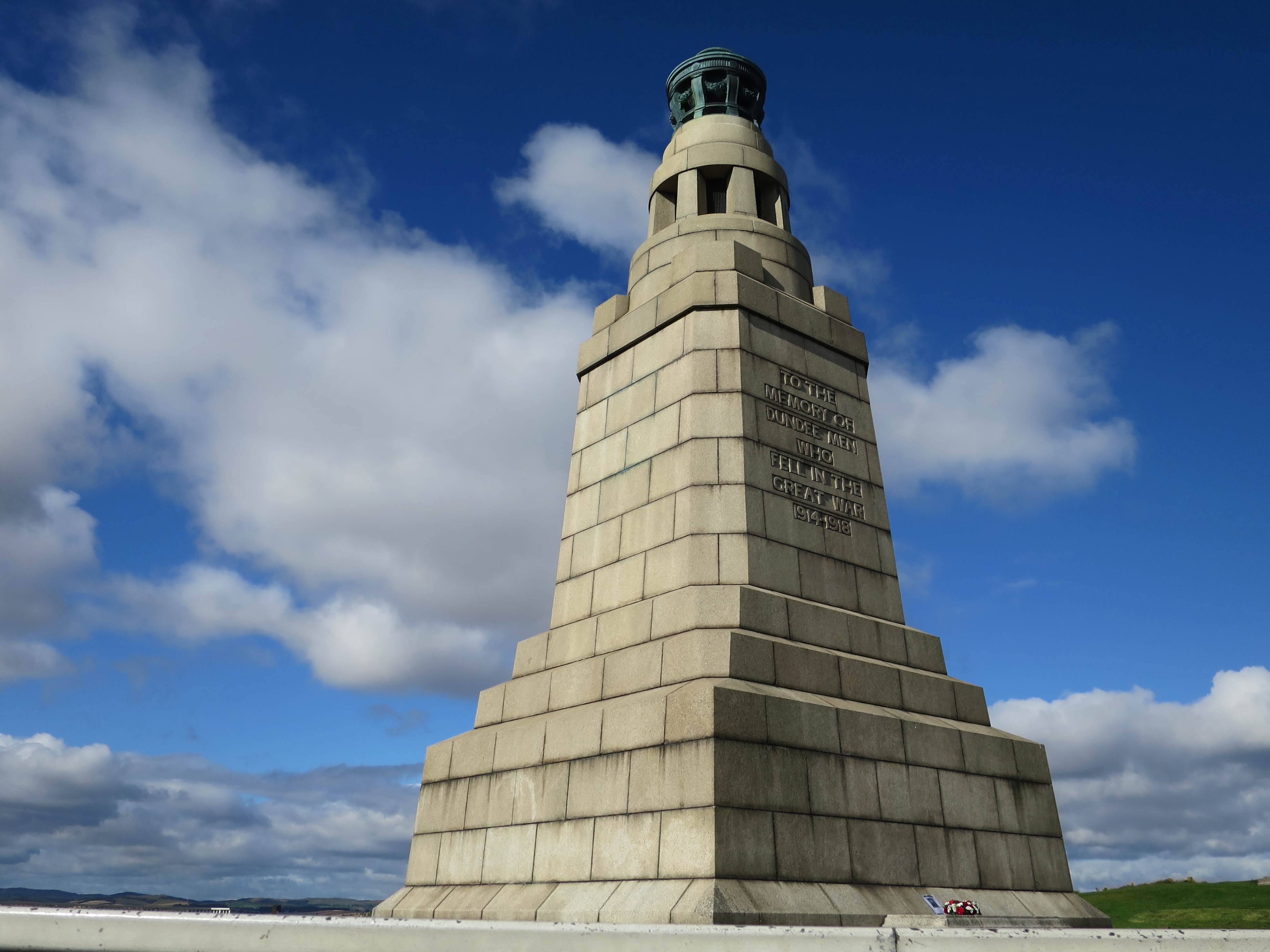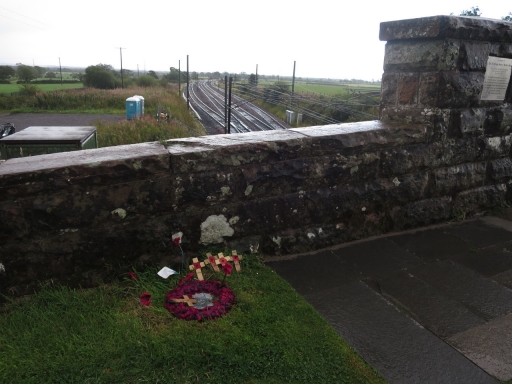The worst rail disaster in UK history will be remembered as part of Scotland’s First World War Centenary commemorations in 2015.
More than 200 soldiers of the Royal Scots, on their way to fight at Gallipoli, were killed in a collision between three trains near Gretna, in May 1915.
The 100th anniversary of the tragedy will be marked on May 22nd and 23rd 2015, with events in both Gretna and the Edinburgh district of Leith where the troops are buried.
The Scottish Government says the cities of Stirling and Dundee have also been chosen to host Centenary commemorations this year of First World War events that have ‘particular resonance for Scotland and the Scots.’
Most of the 227 people killed in the Gretna rail disaster were territorial soldiers, serving with the Leith-based 7th Battalion, the Royal Scots.
They were travelling to Liverpool to board ship for Gallipoli when a signalling error resulted in a head-on crash between their troop train and a local train on the mainline between Glasgow and Carlisle.
Gas explosion
The wreckage was then almost immediately hit by an express, causing the gas lighting in the wooden carriages to explode.
The soldiers were buried at Rosebank Cemetery in Edinburgh. Two signalmen were jailed for causing their deaths in what became known as the Quintinshill disaster, after the signal box where they were based.
Announcing Scotland’s Centenary plans, Cabinet Secretary for Culture, Europe and External Affairs, Fiona Hyslop, said: “Throughout 2015 – the busiest year in Scotland’s five-year commemorations programme – we will continue to encourage people in all parts of Scotland to join with us to consider the impact of the First World War, which claimed the lives of more than 100,000 Scots and left many more injured or disabled.”
Events following the Gretna and Leith commemorations:
June 4th and 6th – Stirling
Stirling will host a national commemoration to mark the 100th anniversary of the 52nd (Lowland) Infantry Division arriving in Gallipoli. The division, including many Scottish battalions, trained in Stirling before joining the Allied operation aimed at forcing Turkey out of the First World War.
September 26th – Dundee
Dundee remembers the centenary of the start of the Battle of Loos, a British offensive on the Western Front in France.

Dundee Law War Memorial (Photo: Centenary News)
Almost every town and village in Scotland was affected by the losses at Loos in 1915. Of the 21,000 British dead, over 7,000 were Scottish soldiers. Six battalions of the Black Watch, mostly drawn from Dundee and its surrounding counties, took part. The beacon on top of the Dundee Law War Memorial is lit annually to remember the fallen.
Through the Scottish Commemorations Panel, ministers are liaising with Stirling Council, Dundee City Council, City of Edinburgh Council, Dumfries and Galloway Council and the Royal Scots Regimental Association on arrangements for each event.
Fiona Hyslop said: “The Quintinshill rail disaster, Gallipoli campaign and Battle of Loos each had a profound and long-lasting impact on Scotland and it is right that we pause to remember each event, and the Scottish communities who were affected.
“The First World War had a significant and broad impact on our nation. Through our national commemorations the people of Scotland will have opportunities to reflect on its lasting social and civic legacy.”
Source: Scottish Government
Images: Centenary News
Posted by: CN Editorial Team
